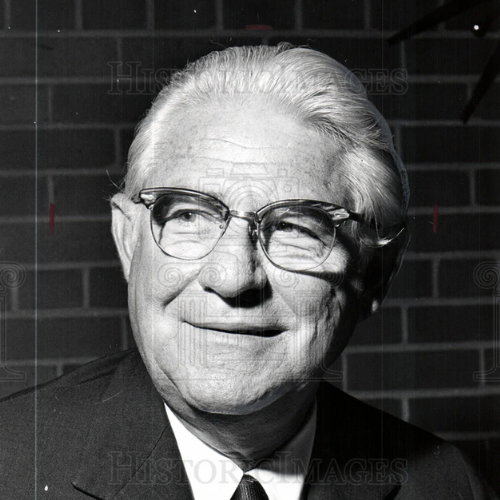The key to the understanding and to the full comprehension of all that the Prophets have said is found in the knowledge of the figures, their general ideas, and the meaning of each word they contain.
Another fundamental principle taught by the Law of Moses is this: Wrong cannot be ascribed to God in any way whatever; all evils and afflictions as well as all kinds of happiness of man, whether they concern one individual or a community, are distributed according to justice; they are the result of strict judgement that admits no wrong whatever.
If a person studies too much and exhausts his reflective powers, he will be confused, and will not be able to apprehend even that which had been within the power of his apprehension. For the powers of the body are all alike in this respect.
It should not be believed that all beings exist for the sake of the existence of man. On the contrary, all the other beings too have been intended for their own sakes and not for the sake of anything else.
We are obligated to be more scrupulous in fulfilling the commandment of charity than any other positive commandment because charity is the sign of a righteous man.
I believe with perfect faith that the Creator, blessed be his name, is not a body, and that he is free from all accidents of matter, and that he has not any form whatsoever.
Even when a person suffers pain in consequence of a thorn having entered into his hand, although it is at once drawn out, it is a punishment that has been inflicted on him, and the least pleasure he enjoys is a reward; all this is meted out by strict justice; as is said in the Scripture, "all His ways are judgement" (Deut. xxxii. 4); we are only ignorant of the working of that judgement.
You will certainly not doubt the necessity of studying astronomy and physics, if you are desirous of comprehending the relation between the world and Providence as it is in reality, and not according to imagination.
Even the existence of this corporeal element, low as it in reality is, because it is the source of death and all evils, is likewise good for the permanence of the Universe and the continuation of the order of things, so that one thing departs and the other succeeds.
A small amount of wine such as three or four glasses is of benefit for the preservation of the health of human beings and an excellent remedy for most illnesses.
It is possible that the meaning of wisdom in Hebrew indicates aptitude for stratagems and the application of thought in such a way that the stratagems and ruses may be used in achieving either rational or moral virtues, or in achieving skill in a practical art, or in working evil and wickedness.
The so-called evils are evils only in relation to a certain thing, and that which is evil in relation to a certain existing thing, either includes the non-existence of that thing or the non-existence of some of its good conditions.
In finances, be strict with yourself, generous with others.
First Theory. There is no Providence at all for anything in the Universe; all parts of the Universe, the heavens and what they contain, owe their origin to accident and chance; there exists no being that rules and governs them or provides for them. This is the theory of Epicurus.
Know that for the human mind there are certain objects of perception which are within the scope of its nature and capacity; on the other hand, there are, amongst things which actually exist, certain objects which the mind can in no way and by no means grasp: the gates of perception are closed against it.
Management [ Providence ], knowledge, and intention are not the same when ascribed to us and when ascribed to God.
There are eight levels of charity.... The highest is when you strengthen a man's hand until he need no longer be dependent upon others.
There is no difference between the worry of a human mother and an animal mother for their offspring. A mother's love does not derive from the intellect but from the emotions, in animals just as in humans.
If one avoids haughtiness to the utmost extent and is exceedingly humble, he is termed a saint, and this is the standard of saintliness.
The Prophets even express their surprise that God should take notice of man, who is too little and too unimportant to be worthy of the attention of the Creator; how, then, should other living creatures be considered as proper objects for Divine Providence!
Commune with your own heart upon your bed, and be still.
The soul, when accustomed to superfluous things, acquires a strong habit of desiring things which are neither necessary for the preservation of the individual nor for that of the species. This desire is without limit, whilst those which are necessary are few in number and restricted within certain limits; but what is superfluous is without end.
The more we desire for that which is superfluous, the more we meet with difficulties; our strength and possessions are spent in unnecessary things, and are wanting when required for that which is necessary.









